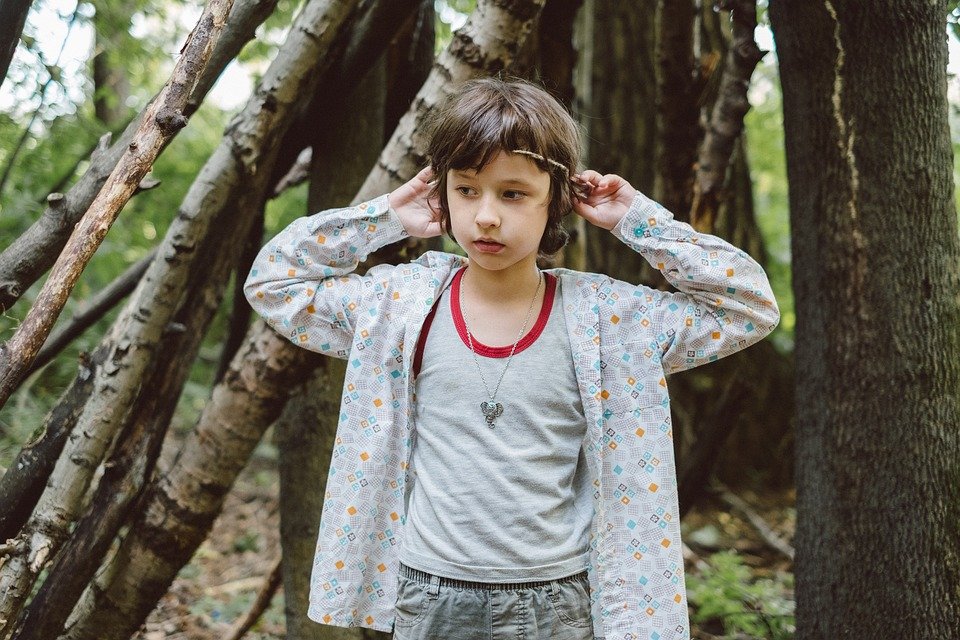Culture is an integral part of human society, and it is constantly evolving. The evolution of culture has been a gradual process, and it has gone through different stages. From tradition to modernity, culture has changed in various ways, adapting to the changing needs and demands of society.
Traditionally, culture was passed down from generation to generation through oral traditions, rituals, and customs. The primary means of communication were face-to-face interactions, and the community played a significant role in shaping individual behavior. In traditional cultures, people lived in close-knit communities, and the emphasis was on the collective well-being rather than individual success.
As societies became more complex, the traditional way of life began to change. The industrial revolution brought about significant changes in the way people lived and worked. The introduction of machines, mass production, and new technologies led to the growth of cities, and people began to move away from rural areas to urban centers. The rise of the middle class also brought about changes in cultural norms, and individualism began to replace collectivism.
The 20th century saw a significant shift in cultural norms as society moved towards modernity. The emergence of mass media, including television, radio, and the internet, brought about a new era of communication. The world became more interconnected, and people began to share ideas and experiences across borders.
In modern societies, culture is no longer confined to traditional boundaries. People can consume and produce culture on a global scale, and cultural diversity has become an essential part of modern society. The rise of multiculturalism has also led to a greater appreciation of different cultural traditions and practices.
The evolution of culture has brought about both positive and negative changes. On the one hand, modern societies have greater access to education, technology, and healthcare, and people have more opportunities to pursue their dreams. On the other hand, the rise of individualism has led to a breakdown in traditional family structures and community ties.
In conclusion, the evolution of culture from tradition to modernity has been a gradual process that has brought about significant changes in the way people live, work, and interact with each other. While traditional cultures focused on the collective well-being, modern societies emphasize individualism and personal success. The rise of mass media and globalization has brought about a new era of cultural diversity and interconnectedness. However, the changes have also led to challenges and conflicts, and it is essential to find a balance between tradition and modernity to ensure the well-being of society as a whole.

